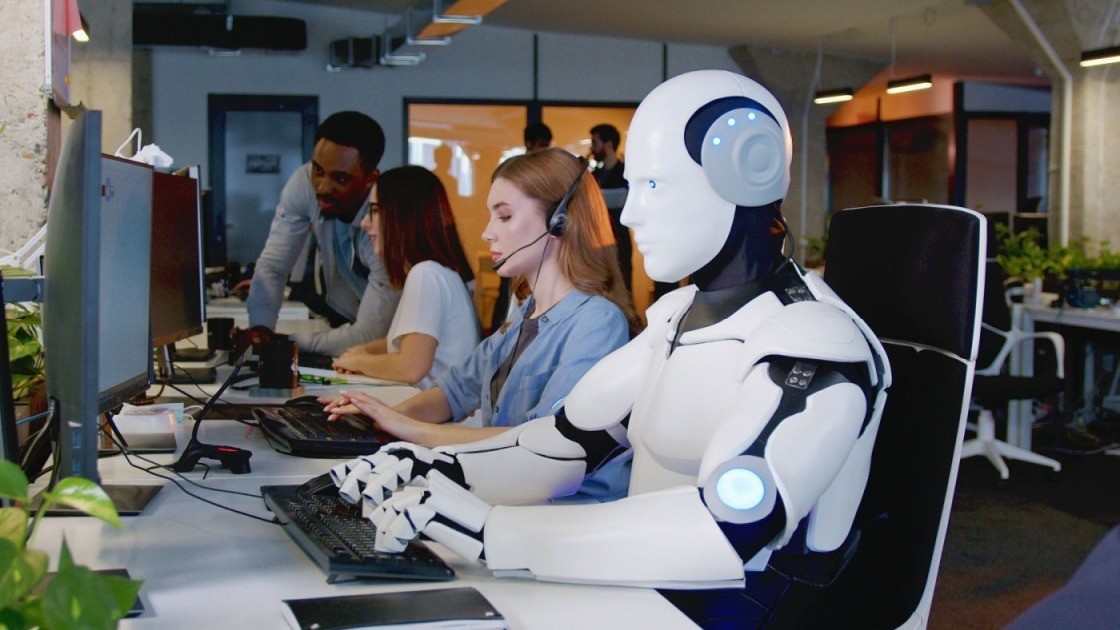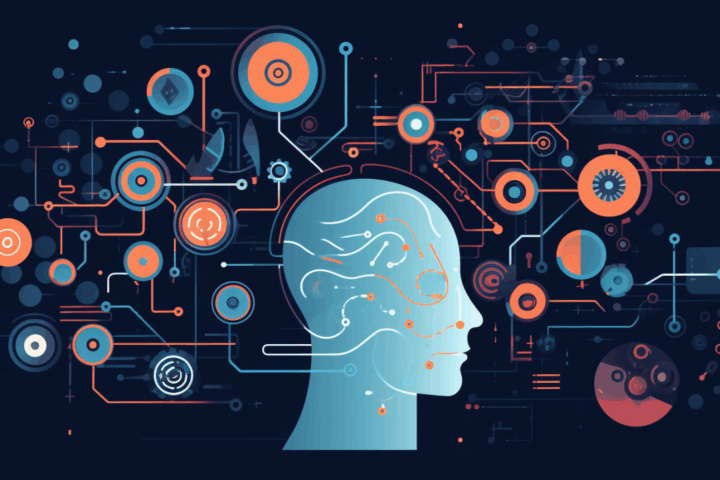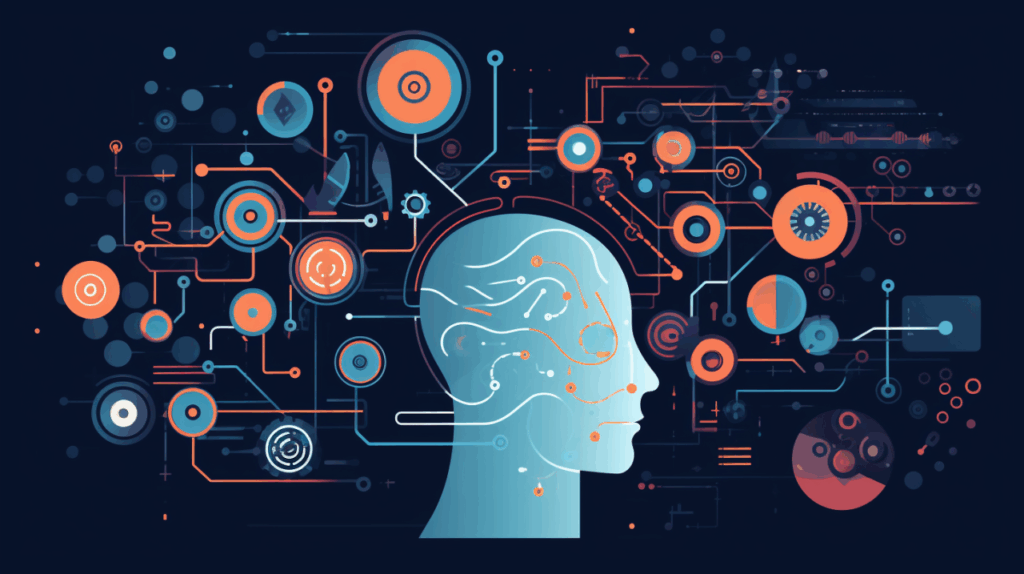AI isn’t just the new thing of the 21st century, it’s already reshaping the job market, and Black workers may feel the brunt of the challenge. The impact of AI on employment is shaped less by race directly and more by job types, industries, and structural inequalities—but those do have racial disparities tied to them. So while AI doesn’t “target” jobs by race, it can disproportionately affect certain racial groups because of the types of jobs they are more likely to hold, due to historical and systemic factors.
AI and automation tend to impact routine and repetitive jobs such as data entry, warehouse jobs, and basic customer service. AI and automation are also looking at low and middle-skilled roles like administrative support, transportation, and even some retail.
Anthropic CEO Dario Amodei recently warned that AI could eliminate half of all entry-level white-collar jobs in just 1-5 years, with unemployment rates spiking up to 20%. However, for Black communities, the stakes are even higher. A McKinsey study estimates that by 2045, AI advancement could cost Black households $43 billion per year! In the U.S., data shows that Black and Hispanic workers are overrepresented in jobs that are more susceptible to automation like cashiers, drivers, food service, and some manufacturing. Sound suprising? White workers are more likely to hold professional, technical, and managerial roles that are less likely to be fully automated.
Experts say now is the time to upskill, learn automation-resistant skills, and take advantage of new education opportunities such as Harvard’s free online courses.






